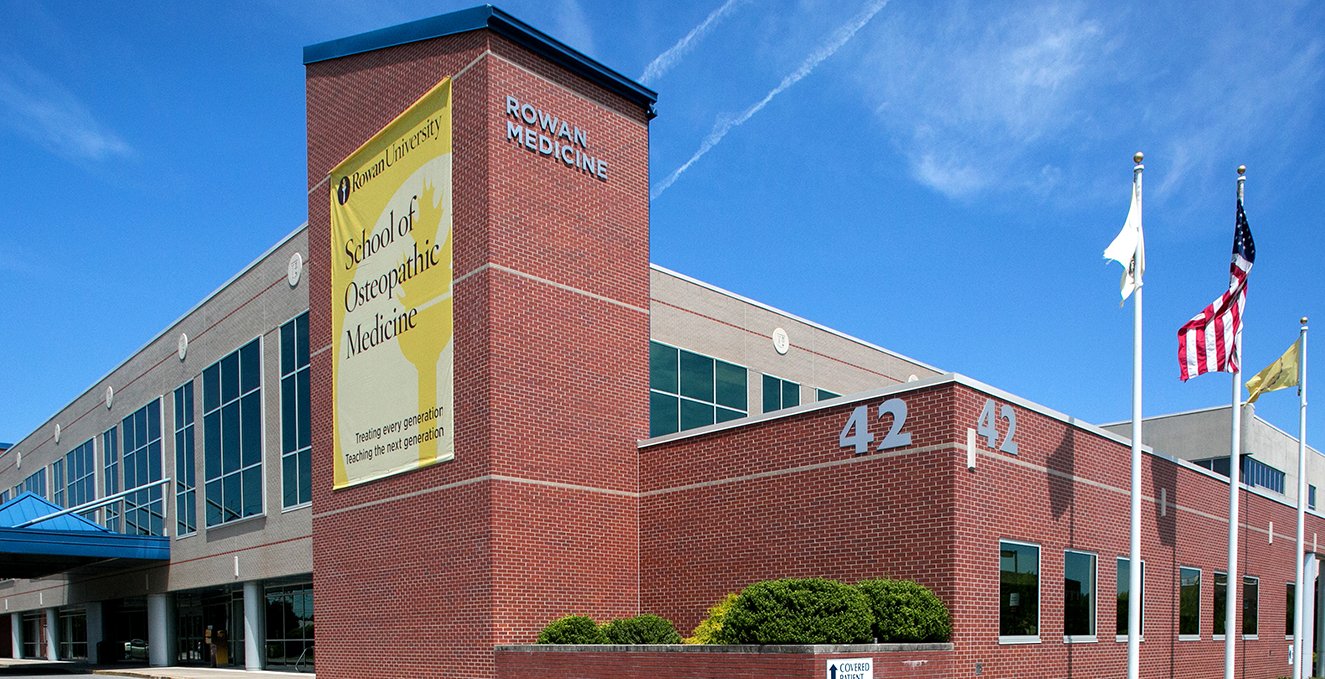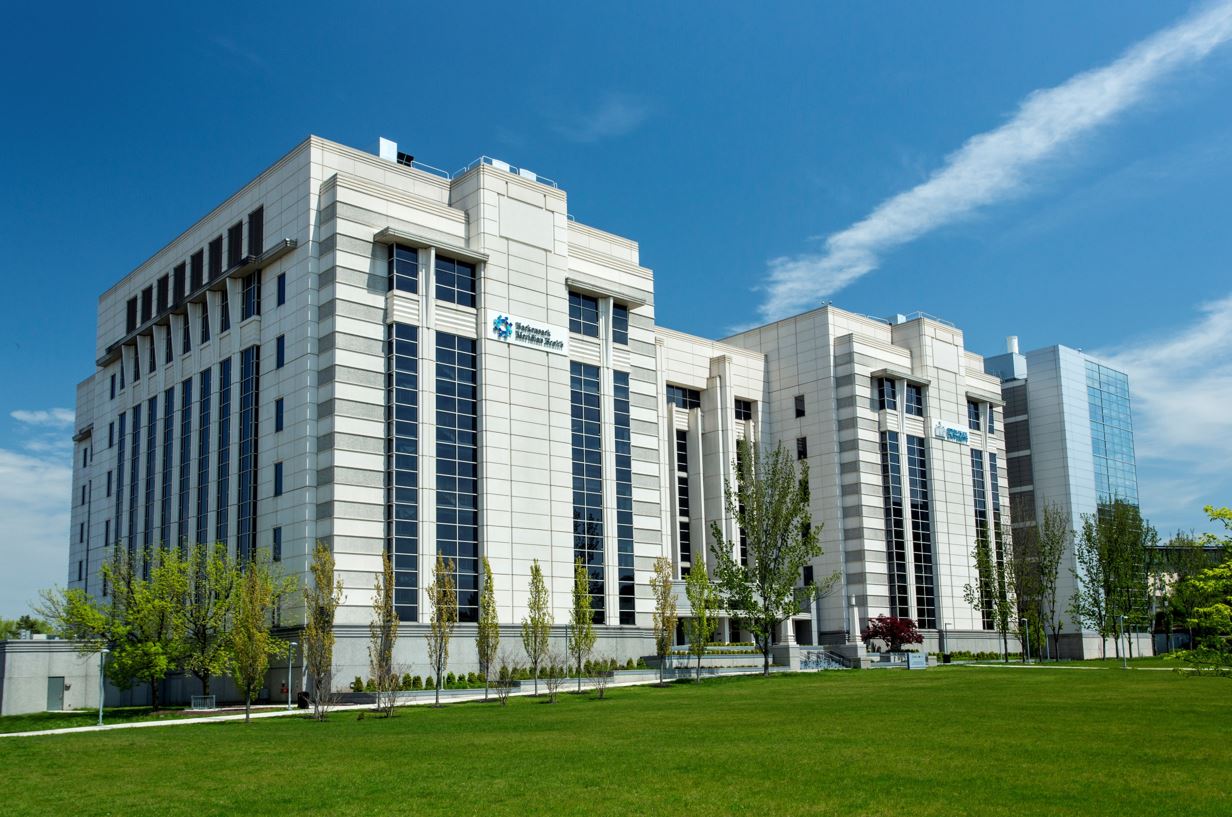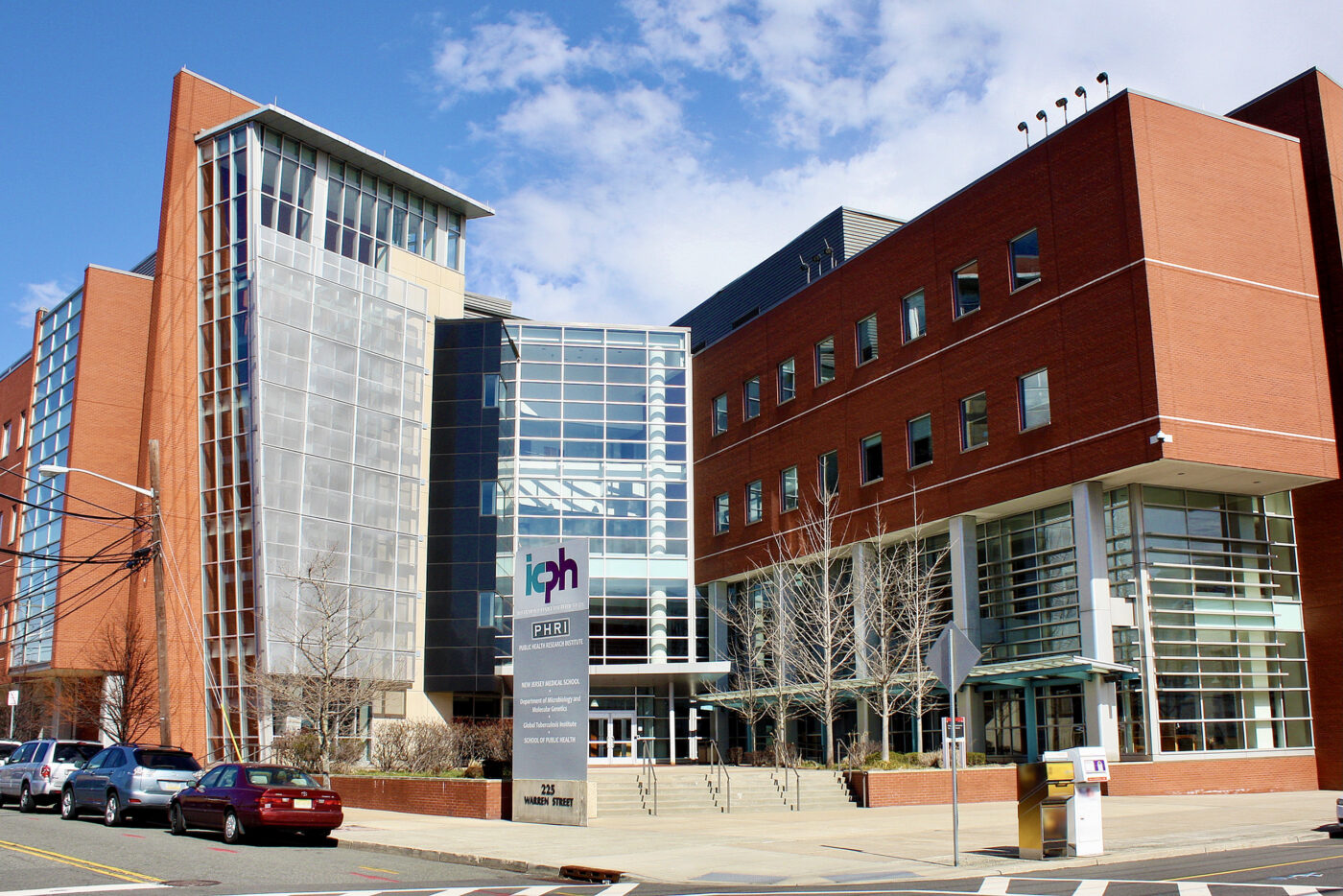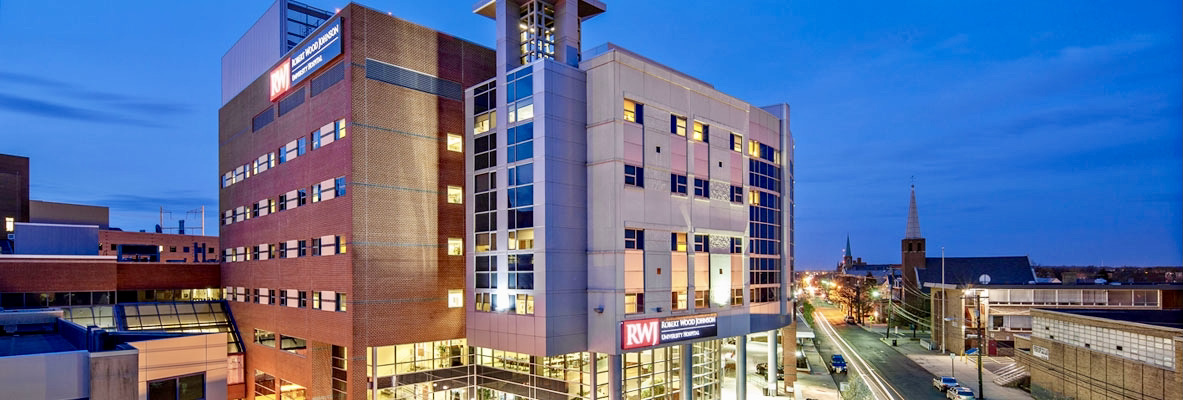Medical Schools in New Jersey: How to Get Accepted in 2022
Applying to medical school can be a daunting process, but we’re here to help. In this guide, we’ll go over everything you need to know about getting into New Jersey medical schools, from admissions statistics to each school’s unique selection factors.
Application Strategies for New Jersey Medical Schools
Below, we provide key information for each New Jersey medical school. If you have your heart set on attending one of the New Jersey medical schools, this information can help you decide where to apply and help focus your application strategy.
It’s important to note that each school is unique. They have different admissions requirements, mission statements, and philosophies. This article highlights the unique aspects of each school and provides you with school-specific selection criteria. This will help you identify which schools are the best match for your interests and qualifications.
A strong academic record, compelling pre-med experiences, and a great MCAT score are still the foundation of a competitive application. But with increasing applicant pools and ever-changing admissions standards, it’s more important than ever to have a strategic approach to your medical school applications.
One of the most important things to consider when applying to medical schools is how best to demonstrate fit with a particular school.
For example, one of the things that sets Cooper Medical School of Rowan University apart is its commitment to maintaining its students’ passion for empathy, ethics, and compassionate care. If you have experiences that reflect these values, or you’ve faced challenges that helped you develop these qualities, be sure to highlight them in your application.
In short, researching schools is a vital stage in the application process. While you can’t change who you are to fit a school’s mission statement, you can use this research to help decide what to highlight in your application to present yourself in the best possible light.
Make Your Applications Count: Medical School Admissions Consulting
With so much general advice available about getting into medical school, it can be difficult to find information specifically related to your situation. At International Medical Aid, we believe that every student’s journey is unique. That’s why our admissions consultants work with you one-on-one to provide the tailored support and guidance needed to get into your dream school.
We offer a variety of services, including overall strategy sessions, interview preparation, and essay editing. Together, we’ll develop a plan that’s based on your individual strengths and goals.
If you’re interested in learning more about our services, please visit our medical school admissions consulting page and schedule a free consultation.
New Jersey Medical Schools: Pre-Med Considerations
If you’re getting an early start looking into medical schools in New Jersey, you may be wondering what you can do now to improve your chances of getting accepted. Below, we offer a few general tips and advice for pre-med students who are just getting started on their journey to medical school.
First and foremost, maintain a strong GPA throughout your undergraduate years. Medical schools place a great deal of emphasis on academic performance, and a high GPA will make you a more competitive applicant.
In addition, get involved in extracurricular activities that reflect your interests and demonstrate your commitment to helping others, intellectual curiosity, and other key attributes. Our article on the AAMC Core Competencies for Entering Medical Students discusses all the traits medical schools look for and how to demonstrate them through activities.
Finally, focus on gaining clinical experiences that are impactful, educational, and unique. Our pre-med shadowing study abroad programs have inspired countless pre-med students and helped them gain the clinical experience they need to stand out from the crowd. Physician shadowing, specialty studies, service learning, and more are all part of the IMA experience. Our internships also include mentorship that extends beyond your time abroad, such as pre-med advising and medical school admissions consulting.
New Jersey Medical School Profiles and How to Get Accepted
Without further ado, let’s discuss each of the medical schools in New Jersey and what it takes to get accepted. We’ll cover the schools alphabetically:
- Cooper Medical School of Rowan University
- Hackensack Meridian School of Medicine
- Rowan University School of Osteopathic Medicine
- Rutgers New Jersey Medical School
- Rutgers Robert Wood Johnson Medical School
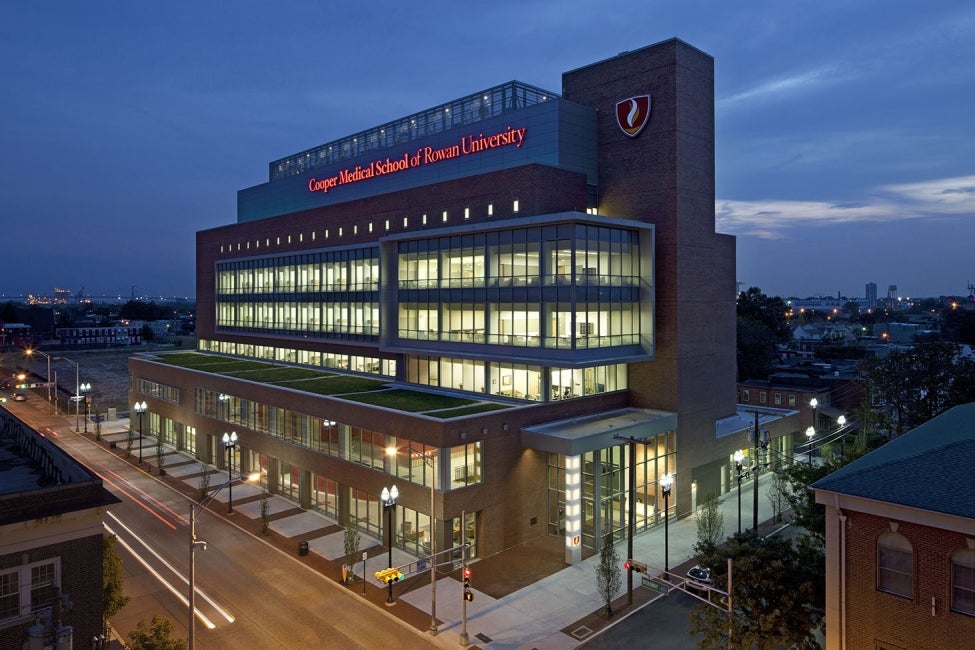
Cooper Medical School of Rowan University (CMSRU)
Cooper Medical School of Rowan University is a public medical school in Camden and was established in 2012. The school has garnered attention for its Accelerated Three-Year Primary Care Program and its Center for Humanism. In 2019, CMSRU made national headlines for being one of the most selective medical schools in the country.
Medical Degrees:
- Four-year MD
- Three-year MD (Primary Care: Internal Medicine or Pediatrics)
CMSRU Highlights
Here are some key features that distinguish CMSRU from other medical schools in New Jersey.
Three-year MD program – This highly selective program enrolls four highly motivated and talented students per year: two internal medicine students and two pediatrics students.
Center for Humanism – The newly founded Center for Humanism at CMSRU aims to keep medical students engaged in ethical, compassionate, and empathetic practice throughout medical school and beyond. Enthusiasm for these important aspects of medical practice has been shown to decline in students over the years. The Center for Humanism conducts detailed analyses of the school’s curriculum and proposes innovative changes to ensure that these values remain at the forefront of medical education at CMSRU.
Community Engagement – CMSRU was awarded the Spencer Foreman Award for Outstanding Community Engagement in 2019. The Pre-medical Urban Leaders Summer Enrichment and Cooper Rowan Clinic, which provides free primary care to underserved patient populations, and the school’s many partnerships with Camden-based organizations are some examples of how CMSRU is working to improve the health of its local community.
Here are the CMSRU Medical School Rankings (from U.S. News and World Report):
- #95 in Best Medical Schools: Research
- #94 in Best Medical Schools: Primary Care
- #97 in Most Diverse Medical Schools
CMSRU Selection Factors
The CMSRU Office of Admissions discusses five key selection factors.
Personal Competencies – Applicants who demonstrate the following attributes will be favored by admissions: strong collaborative character, ability to learn from criticism, adaptability, ethical integrity, cultural awareness, dedication to service, strong interpersonal skills, and resilience.
Work and Life Experiences – A history of overcoming challenges through leadership, initiative, time management, and adaptability will be looked upon favorably. Furthermore, applicants who have had a broad range of life experiences (including but not limited to employment, volunteering, research, athletics, the arts, etc.) will be given preference.
MCAT – CMSRU considers your MCAT scores in the context of your entire application. A strong MCAT score is not required for admission, but it will improve your chances.
GPA – CMSRU thoroughly examines academic success and trends in grades, including graduate and post-bac coursework.
Residency – Special consideration is given to New Jersey residents. 60-70% of matriculants are in-state residents. However, the Office of Admissions encourages all qualified applicants to apply regardless of residency status.
How Competitive is Cooper Medical School of Rowan University?
There is no GPA or MCAT score minimum for applicants to CMSRU. Admissions conducts holistic reviews of applicants and academics are weighed alongside personal competencies and experiences. However, the following data from the class of 2024 may give you an idea of what to expect:
- Total Matriculants: 112
- New Jersey Residents: 77
- Out-of-State: 35
- Average Overall GPA: 3.77
- Average Science GPA: 3.71
The acceptance rate at CMSRU is 1.82%. The in-state acceptance rate is 5.5% and the out-of-state acceptance rate is 0.66%.
For an in-depth look at what it takes to get into CMSRU, see: How to Get Into Cooper Medical School of Rowan University (CMSRU): The Definitive Guide (2022)
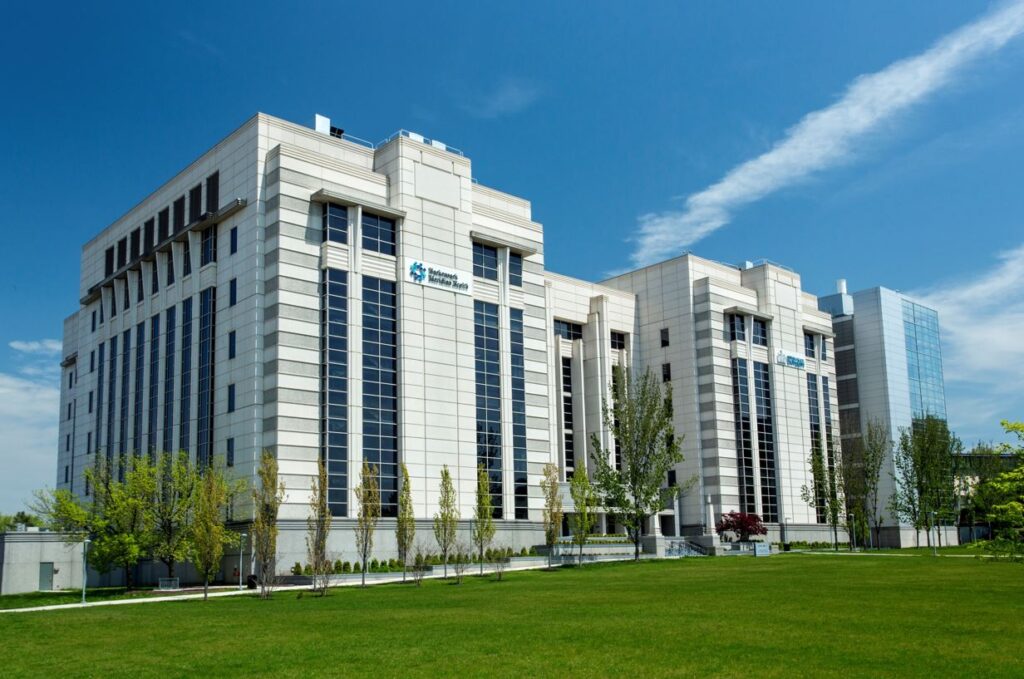
Hackensack Meridian School of Medicine (HMSOM)
Hackensack Meridian School of Medicine is a private medical school in Nutley and was established in 2015. Students at HMSOM enter residency in the fourth year of the MD program, rather than after graduation. This newly formed medical school has quickly gained a reputation for having an exceptionally patient-centered curriculum, such as with its Human Dimensions course.
Medical Degrees:
- Four-year MD
HMSOM Highlights
Here are some key features that set HMSOM apart from other NJ medical schools.
Hackensack Meridian Health Network – The Hackensack Meridian Health Network (HMH or HMHN) is a major healthcare system in New Jersey affiliated with the Hackensack Meridian School of Medicine. HMHN is the largest healthcare provider in the state and includes 14 hospitals. HMHN hospitals utilize cutting-edge machine learning and medical AI technology.
Human Dimension Course – One of the most innovative aspects of HMSOM’s curriculum is its Human Dimension Course. This course pairs medical students with individuals and families from the community. Over the first three years of the MD program, students learn through first-hand interactions what it’s like to navigate the regional healthcare system, social determinants of health, and how to best serve the needs of the community.
Unique Fourth Year – Fourth-year medical students at HMSOM get a head start on residency. Additionally, students pursue research-intensive concentrations, community-focused experiences, clinical-focused experiences, dual degrees, and/or certificates.
As of 2022, Hackensack Merdian School of Medicine is unranked by U.S. News and World Report.
HMSOM Selection Factors
Let’s look at some key quotes from HMSOM faculty regarding the factors that play into admissions decisions.
- “Our candidates must be committed to a future in which all persons have access to effect equal health outcomes, regardless of race and socioeconomic status.”
- “You, as a candidate, should possess the personal qualities of integrity, empathy, concern for the welfare of others, interest, and motivation.”
- “You must also be able to adapt to changing environments, to be flexible, and to function in the face of ambiguities inherent in the clinical situation.”
Additionally, HMSOM admissions looks for applicants who possess:
- The ability to develop relationships that are professional, yet sensitive and effective, with patients, their families, and colleagues
- The ability to quickly and efficiently complete all tasks related to diagnosing and caring for patients
- The emotional and psychological well-being needed for maximum use of your cognitive abilities and sound judgment
How Competitive is Hackensack Meridian School of Medicine?
The holistic application reviews conducted by HMSOM don’t have a required GPA or MCAT score. However, students accepted to HMSOM in 2022 had an average GPA of 3.77 and an average MCAT score of 511.
The acceptance rate for the Hackensack Meridian School of Medicine has fluctuated between 2.49% and 4.9% in recent years. A little over half (58.6%) of matriculants are in-state applicants.
For a complete look into what it takes to get into HMSOM, see: How to Get Into Hackensack Meridian School of Medicine (HMSOM): The Definitive Guide (2022)
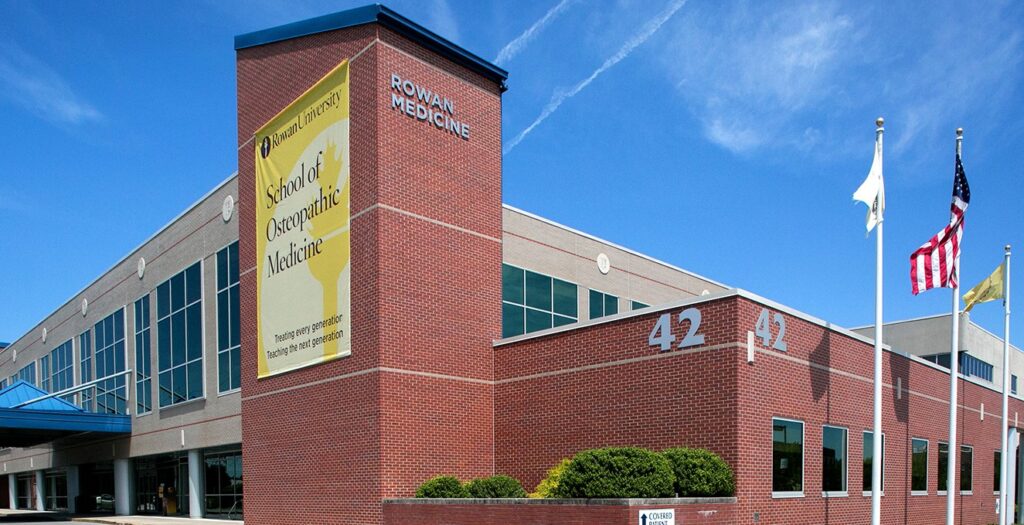
Rowan University School of Osteopathic Medicine (Rowan SOM)
Rowan University School of Osteopathic Medicine is a public medical school in Stratford and was established in 1976. Rowan SOM offers two distinct DO curriculums, depending on your learning style. The school boasts high COMPLEX exam performance and a 99% residency match rate.
Medical Degrees:
- Four-year DO
- DO/MBA
- DO/MPH
- DO/JD
- DO/PhD
Rowan SOM Highlights
Aside from being the only osteopathic medical school in New Jersey, Rowan SOM has several distinct qualities.
Two DO Curriciulums – Rowan SOM offers two distinct pre-clerkship paths. The Problem-Based Learning (PBL) curriculum groups students into teams of eight to meet three times a week and analyze clinical cases. Facilitated by teaching or clinical faculty, PBL students work together to learn medical science through solving problems. PBL students self-direct their studies and are free to use educational materials ranging from academic journals and textbooks to podcasts and online modules.
The Synergistic Guided Learning (SGL) curriculum explores organ systems through didactic coursework and guided small-group learning. SGL students first learn ideal function and structure, and then how diseases progress, and then how to diagnose and treat these illnesses in a clinical setting.
Cell Biology, Neuroscience, and Molecular Biology Research – Rowan SOM and its 20+ research facilities provide medical students with research opportunities. DO/PhD students graduate with degrees in Cell Biology and Neuroscience or Molecular Biology, the school’s primary research focus.
Here are the Rowan SOM Medical School Rankings (from U.S. News and World Report):
- #95 in Best Medical School: Research
- #94 in Best Medical School: Primary Care
- #88 in Most Diverse Medical Schools
- #157 in Most Graduates Practicing in Medically Underserved Areas
- #46 in Most Graduates Practicing in Primary Care Fields
Rowan SOM Selection Factors
The Office of Admissions at Rowan SOM uses standard and straightforward criteria to evaluate applicants:
- Undergraduate GPA
- MCAT score
- Clinical experience
- Leadership experience
- Service experience
- Letters of recommendation
- Personal statement
Most importantly, Rowan SOM favors applicants who demonstrate a knowledge of osteopathic medicine and clear motivations for pursuing a career in osteopathy.
How Competitive is Rowan University School of Osteopathic Medicine?
There is no minimum GPA or MCAT score required to apply to Rowan SOM. However, an MCAT score of at least 500 and a science GPA no lower than 3.40 are preferred by admissions.
Here are some key admissions statistics from the class of 2026:
- 6,145 applicants, 288 admitted
- In-state matriculants: 150
- Out-of-state matriculants: 66
- Cumulative GPA of 3.65
- Science GPA of 3.59
- Average MCAT score of 506
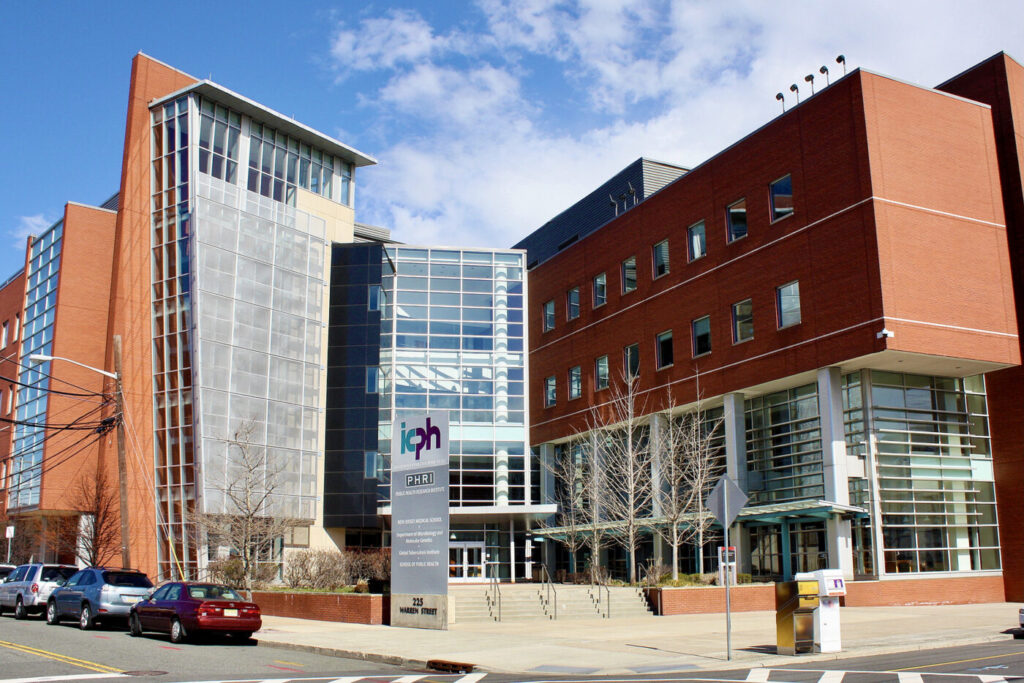
Rutgers New Jersey Medical School (RJMS)
Rutgers New Jersey Medical School is a public medical school in Newark and was established in 1954. RJMS offers an accelerated three-year MD program as well as opportunities to graduate with distinctions in Innovation, Entrepreneurship, and Public Health. Rutgers New Jersey Medical School is the best medical school in New Jersey, according to sites such as The College Gazette and Will Peach MD.
Medical Degrees:
- Four-year MD
- Three-year MD
- MD/MBA
- MD/MPH
- MD with Research Thesis
- MD/PhD
RJMS Highlights
Here are a few things that make Rutgers New Jersey Medical School unique among NJ medical schools.
Accelerated Three-year MD – This program is open to RJMS students who demonstrate academic excellence and a clear motivation to pursue primary care. Graduates are conditionally accepted into Rutgers-affiliated residencies: Pediatrics, Combined Internal Medicine/Pediatrics, or Internal Medicine.
University Hospital in Newark – RJMS’s primary teaching hospital is the busiest level-1 trauma center in the state. University Hospital is also a hub for liver transplants, neurosurgical intensive care, and stroke care.
Diversity – RJMS is one of the most diverse medical schools in the U.S.
Here are the RJMS Medical School Rankings (from U.S. News and World Report):
- #74 in Best Medical School: Research
- #94 in Best Medical School: Primary Care
- #22 in Most Diverse Medical School
- #94 in Most Graduates Practicing in Medically Underserved Areas
- #142 in Most Graduates Practicing in Primary Care Fields
- #154 in Most Graduates Practicing in Rural Areas
RJMS Selection Factors
As discussed in our Definitive Application Guide to Rutgers New Jersey Medical School, the RJMS Office of Admissions uses the following criteria to evaluate applicants:
- Broad extracurricular experiences
- Motivation for pursing medicine
- Ability to navigate challenges
- Demonstrated compassion for others
- Integrity
- Leadership qualities
- Self-awareness
- Validation of decision to pursue medicine
- Interpersonal characteristics
- Academic performance (MCAT scores, trend in grades, academic load, difficulty of coursework, GPA)
How Competitive is Rutgers New Jersey Medical School?
NJMS does not have a minimum required GPA or MCAT score. Here are some helpful admissions statistics for the class of 2025:
- Average GPA: 3.7
- Average MCAT: 513
- Total applicants: 6,751
- Total enrolled applicants: 178
- New Jersey residents accepted and enrolled: 174
- Out-of-state applicants accepted and enrolled: 31
- Applicants underrepresented in medicine accepted and enrolled: 168
- Total interviews: 738
- New Jersey resident interviews: 447
- Out-of-state applicant interviews: 291
- Interviewees underrepresented in medicine: 168
The acceptance rate at Rutgers New Jersey Medical School is 6.6%.

Rutgers Robert Wood Johnson Medical School (RWJMS)
Rutgers Robert Wood Johnson Medical School is a public medical school in New Brunswick, established in 1962. The school offers ample research opportunities through the Robert Wood Johnson Hospital and Rutgers Cancer Institute of New Jersey. Additionally, RWJMS curricular and extra-curricular activities are permeated with community and global health initiatives.
Medical Degrees:
- Four-year MD
- MD/MPH
- MD/MBA
- MD/JD
- MD/MSCTS (MD + MS in Clinical & Translational Science)
RWJMS Highlights
Here are some key features that distinguish RWJMS from other medical schools in New Jersey.
Special Admissions Programs – RWJMS offers many different accelerated acceptance and special admissions programs, such as accelerated acceptances through partner post-bac programs, a PharmD/MD admissions program, and two joint Bachelor and Medical Degree programs.
Research – U.S. News and World Report ranks RWJMS as the top medical school in New Jersey for research. The affiliated Rutgers Cancer Institute of New Jersey and Robert Wood Johnson Hospital are vital resources for students to get involved in research projects.
2021 Curriculum – In 2021, RWJMS updated its curriculum to focus on Patient and Family Centered Care in the Community Context, Evidence-Based Medicine, and Health Systems Science.
Here are the RWJMS Medical School Rankings (from U.S. News and World Report):
- #68 in Best Medical Schools: Research
- #94 in Best Medical Schools: Primary Care
- #28 in Most Diverse Medical Schools
- #141 in Most Graduates Practicing in Primary Fields
- #153 in Most Graduates Practicing in Medically Underserved Areas
- #129 in Most Graduates Practicing in Rural Areas
RWJMS Selection Factors
The Office of Admissions at RWJMS lists seven personal competencies they look for in applicants:
- Social/Interpersonal and Team Skills
- Resilience and Adaptability
- Orientation to Service
- Desire to Learn and Capacity to Learn
- Sensitivity to Diversity and Cultural Competence
- Reliability and Responsibility
- Integrity and Ethics
In addition to these qualities, admissions evaluates applicants based on their unique life experiences, meaningful engagement in diverse activities, and academic pursuits.
How Competitive is Rutgers Robert Wood Johnson Medical School?
A minimum GPA of 3.0 and an MCAT score of at least 498 are expected of applicants.
In 2021, the entering class had a median MCAT score of 512 and an average GPA of 3.64. The acceptance rate for RWJMS is estimated to be 8%. About 80% of matriculants are New Jersey residents.
Good Luck to You!
We hope this article was helpful as you navigate the medical school admissions process in New Jersey. Check out our other Medical School Guides for more school-specific tips and advice!



